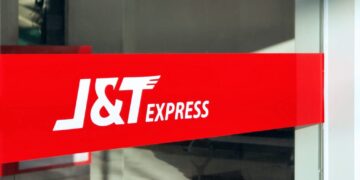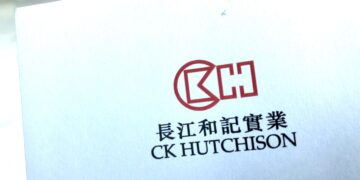Trump will impose an additional 50 percent tariffs on Chinese imports at around noon Hong Kong time on top of 54 percent levies, bringing the total to 104 percent.
Jeffrey Lam, who is also an executive councillor, told an RTHK radio programme that manufacturers and exporters in Hong Kong who mainly do businesses with the United States were furious about the move and felt powerless.
“Many companies now face a situation where they have many batches of completed goods that cannot be shipped, and they’re unable to collect payment,” he said.
“Because, normally speaking, when a customer places an order, companies can only collect payment when the goods have been shipped and have a shipping order.
“As they cannot collect the payment, there is a great impact on their cash flow.”
But he stressed that companies have to be united and not be cowed, saying that will get them through this difficult period.
Lam pointed out that firms have reached a critical point, as they still have to settle operating costs, such as wages and rents amid their cash-flow struggles.
The lawmaker called on the Hong Kong Monetary Authority to roll out measures to help support small and medium-sized companies.
These include extending a payments moratorium on principals for 12 months and offering flexible arrangements for firms to repay loans.
Even though the industry has been trading in the Middle East and Southeast Asian markets in the past two years, Lam said combined sales from the two places are still lower than US turnover.
He added that opening up new markets takes time and that they won’t be able to replace the US market at once.
Meanwhile, Willy Lin, chairman of Hong Kong Shippers’ Council told the same programme that companies in Hong Kong cannot do much even if they have already set up factories in various places, like Southeast Asia, as many of those countries have been hit by Trump’s levies.
























